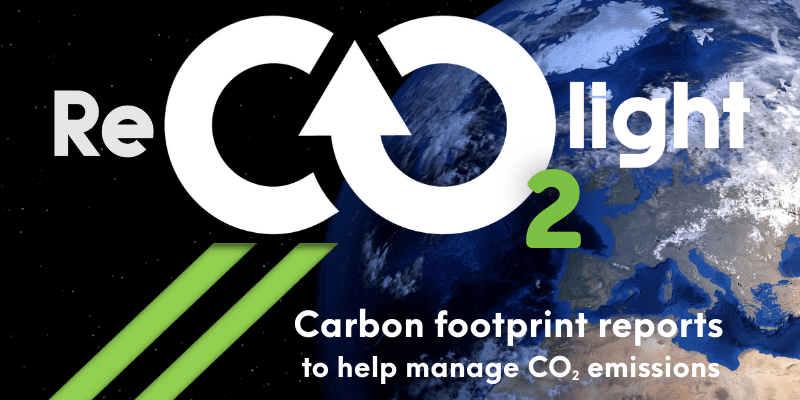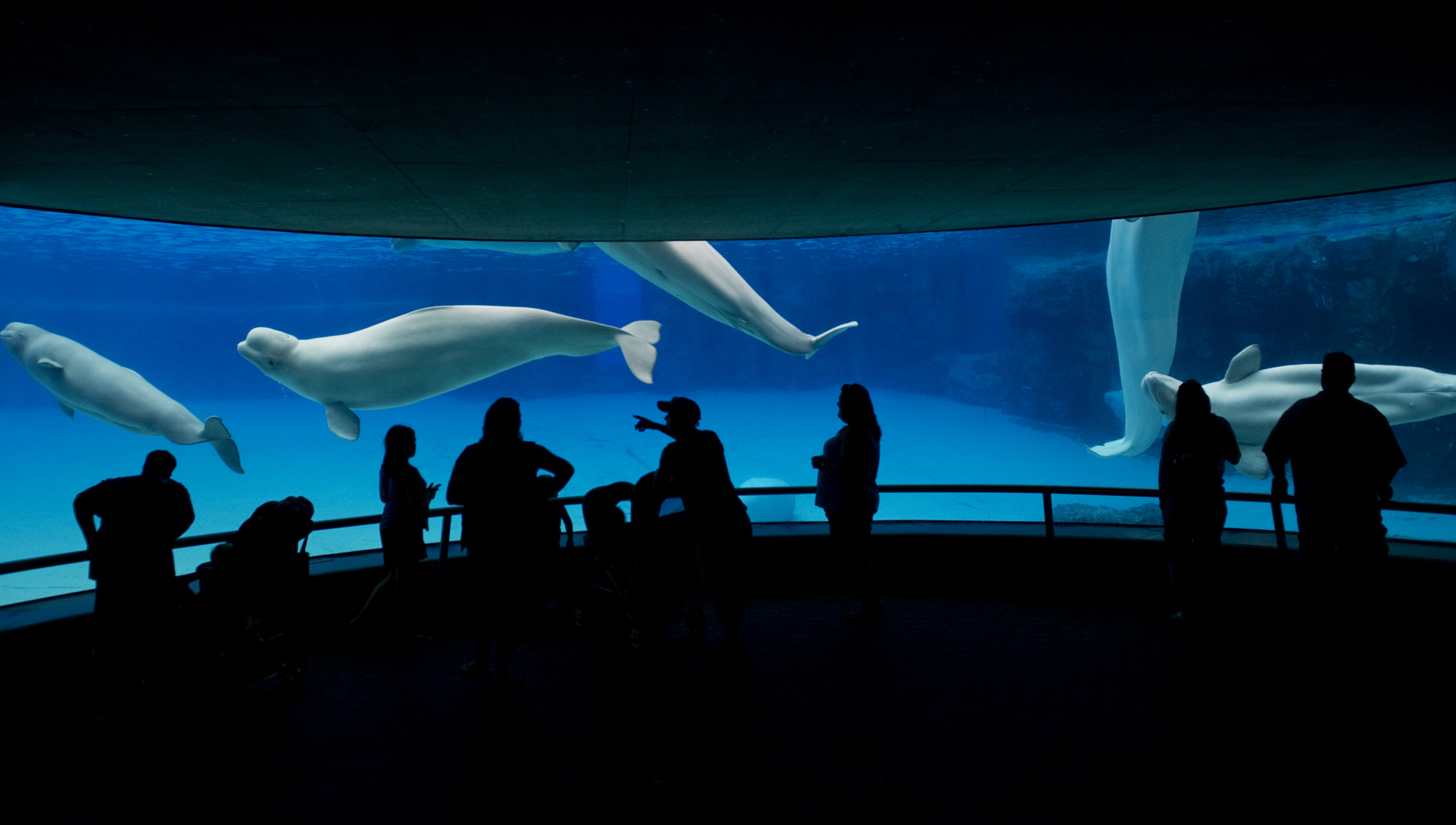A case study on the effects of open waste burning on air quality in Northwestern Greenland used advanced particulate monitoring to better understand the risks of this kind of pollution.
To better understand the air quality risks faced by remote Arctic communities, an international team monitored aerial pollutants at a community in Northwestern Greenland. Their findings, published in Atmospheric Science Letters, reveal that open waste burning elevates the concern of health risks to the community.
The study focused on Qaanaaq, a small village in Northwestern Greenland with a population of approximately 600. During the summer of 2022, the team conducted the first-time measurement of particulate matter (PM2.5) in the ambient air there and identified an increase in PM2.5 pollution. PM2.5 refers to tiny particles with a diameter of 2.5 micrometers or less, such as dust and smoke.
PM2.5 pollution is closely linked with severe air pollution and is particularly harmful to human health; PM2.5 exposures are correlated with a spectrum of health problems, including respiratory ailments such as asthma and bronchitis, cardiovascular diseases, and even premature death.
Monitoring PM2.5 levels is important for assessing air quality and protecting public health. However, compared to the mid-latitudes, the PM2.5 observations in high-latitude regions are relatively left behind (i.e., fewer PM2.5 observations) in terms of the SDG’s mission statement.
The research team used commercially available advanced PM2.5 measurement systems for cold regions, which was updated from their previous research, to collect continuous PM2.5 data spanning the period from July 20 to August 13, 2022. Their analysis uncovered multiple instances of heightened PM2.5 levels, particularly notable from August 8 onwards. These increases were attributed to local open waste burning activities, as evidenced by the visible black smoke emitted from the Qaanaaq dump site on the same day with combined data analyses using NASA’s re-analysis data and NOAA’s HYSPLIT model online simulations.
Although further investigation indicated that pollutants originating from sources outside of the study area may have also contributed some during the early stages of the study, the analyses indicated these contributions were minimal, highlighting the significant impact of local pollution sources on air quality in Qaanaaq. The hourly mean PM2.5 concentrations did not reach alarming levels during the measurement period. However, additional analysis based on the NOAA HYSPLIT online dispersion simulations also implied that there were likely particulate matter depositions from the open waste burning to the nearby sea areas, including Baffin Bay, suggesting important research targets in environmental science in the future.
“This is the first time we’ve studied PM2.5 in a small Arctic residential area of Northwestern Greenland where we didn’t know the air quality before. We found out how much pollution increases with PM2.5 during local open waste burning,” Yasunari said. “Now, Qaanaaq uses an incinerator, stopping open waste burning. But, continuous air quality monitoring is crucial because pollution doesn’t choose timing or stop at borders.” He emphasizes the need for healthy air for everyone, Arctic residents included, underlining continuous monitoring as essential for long-term health, in line with the SDGs.
The group behind the study included researchers from Hokkaido University, the University of Tsukuba, Nagoya University, and NASA, and was led by Associate Professor & Distinguished Researcher Teppei J. Yasunari at the Arctic Research Center.

















